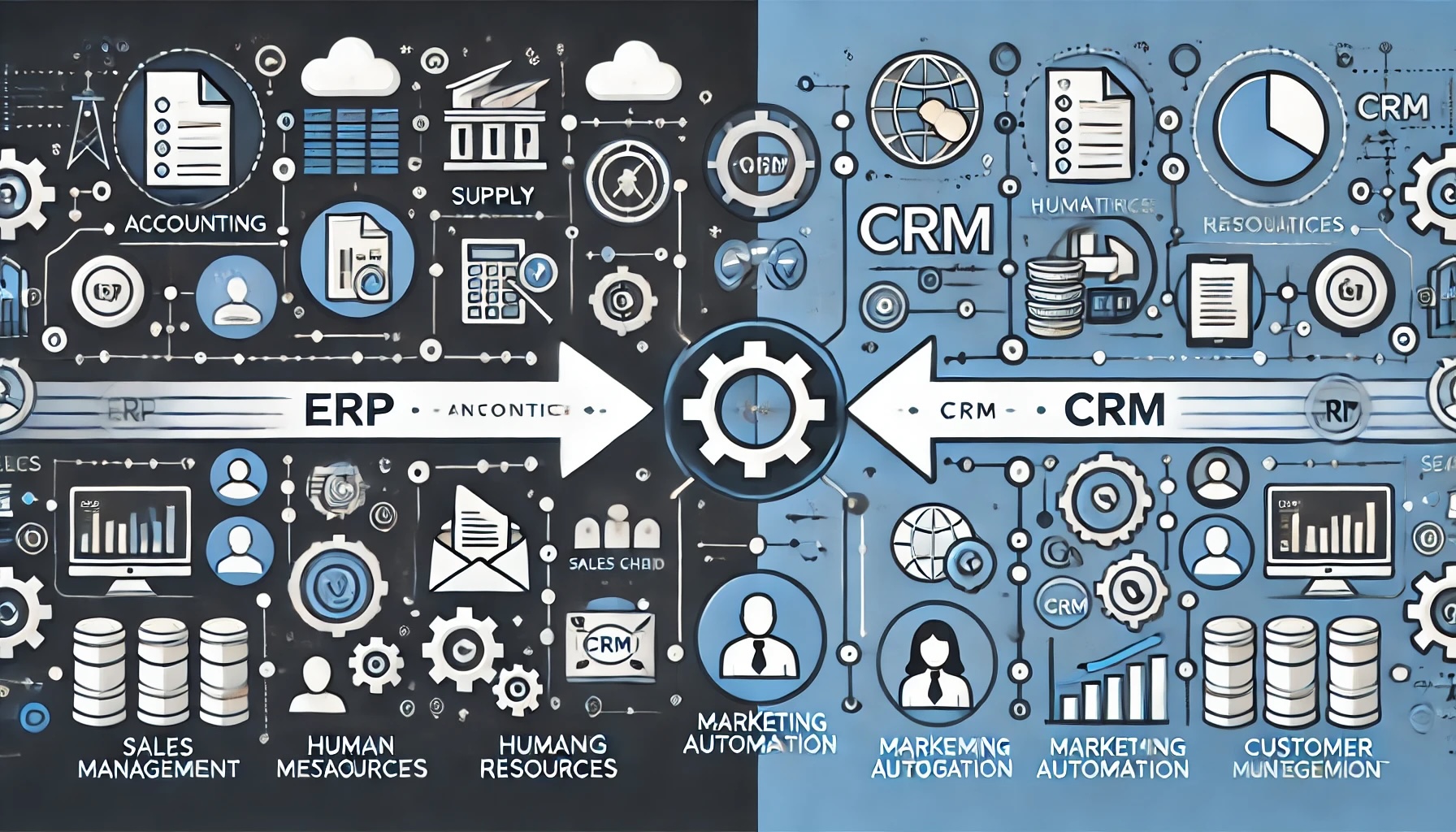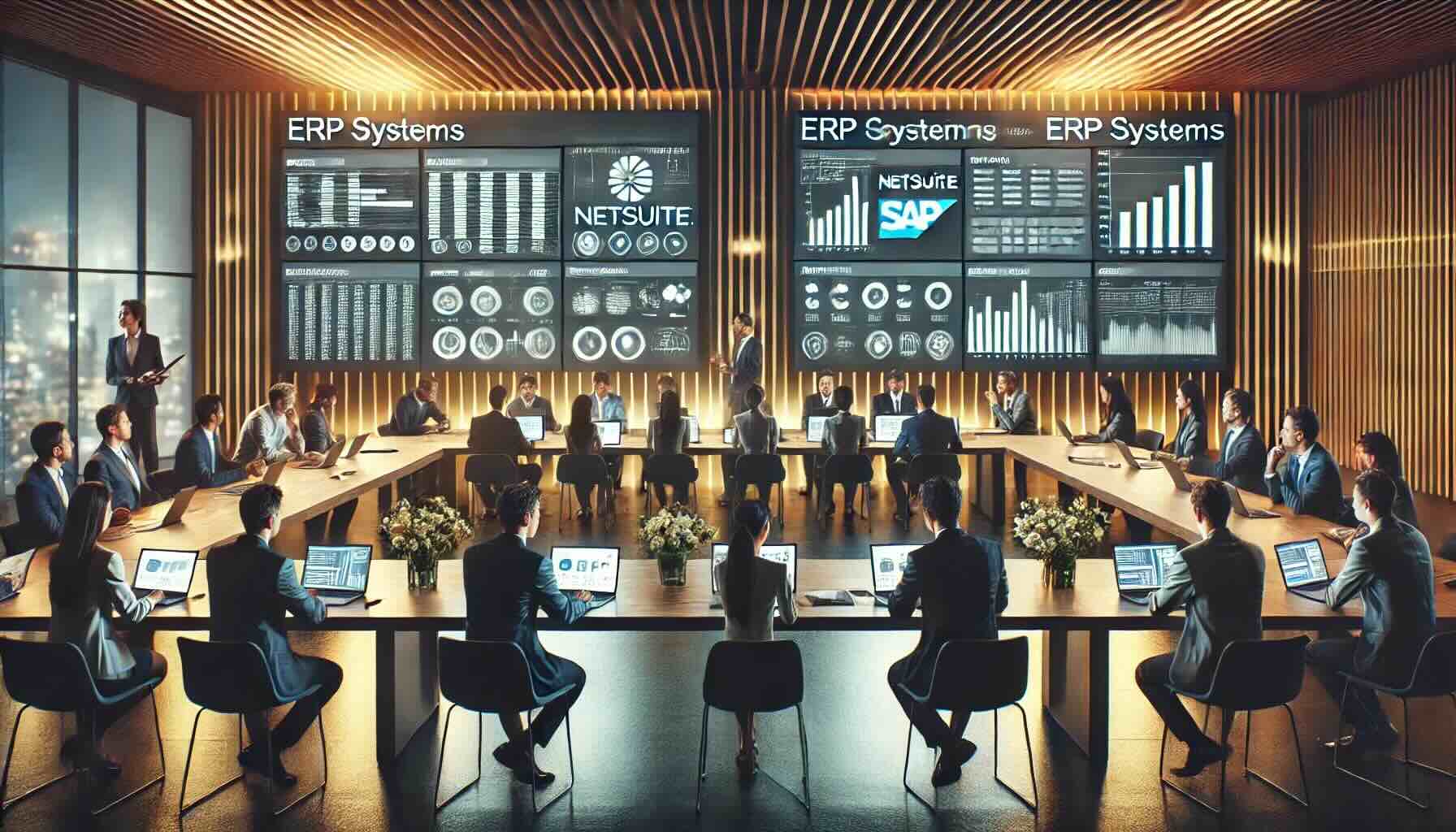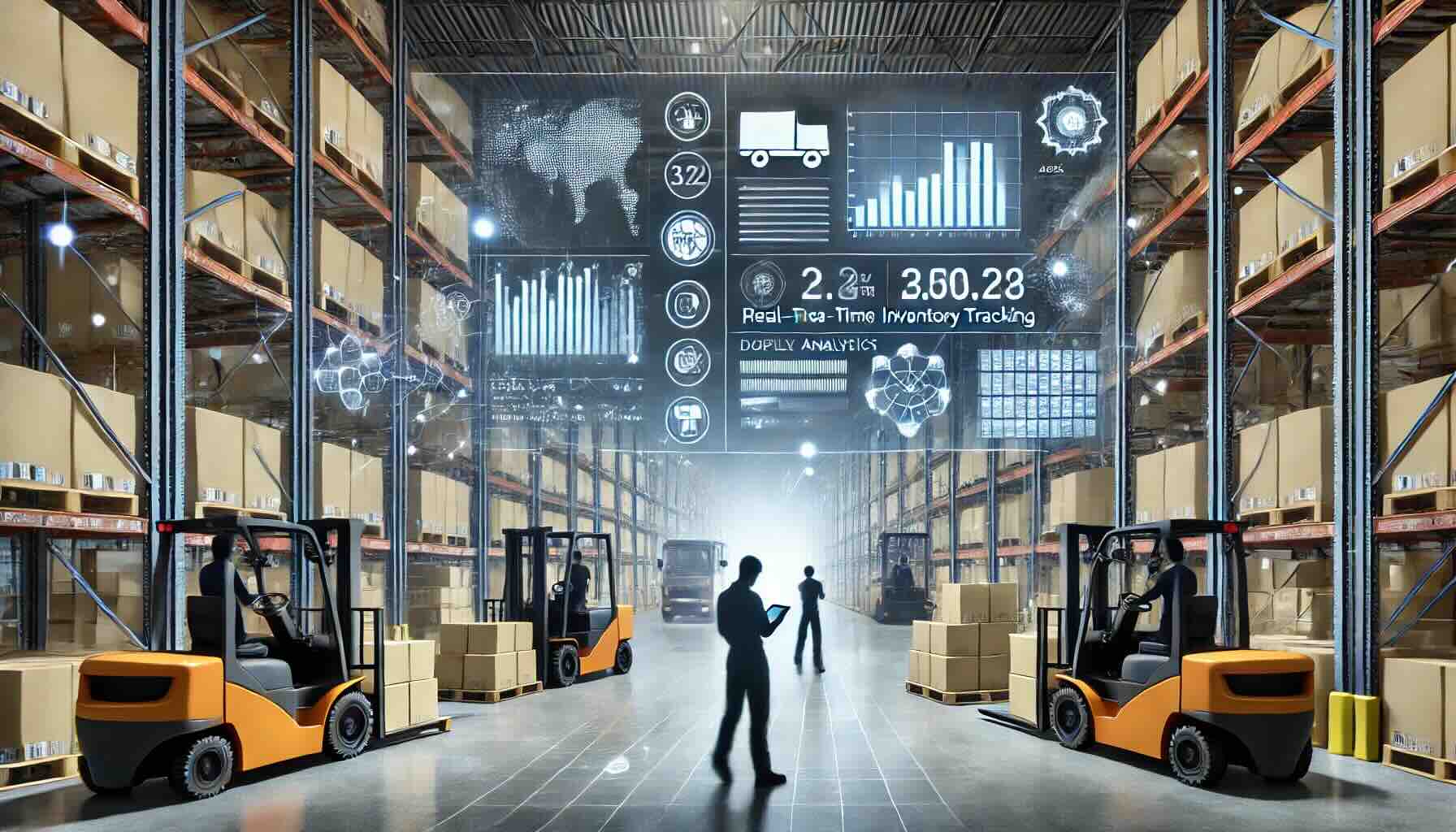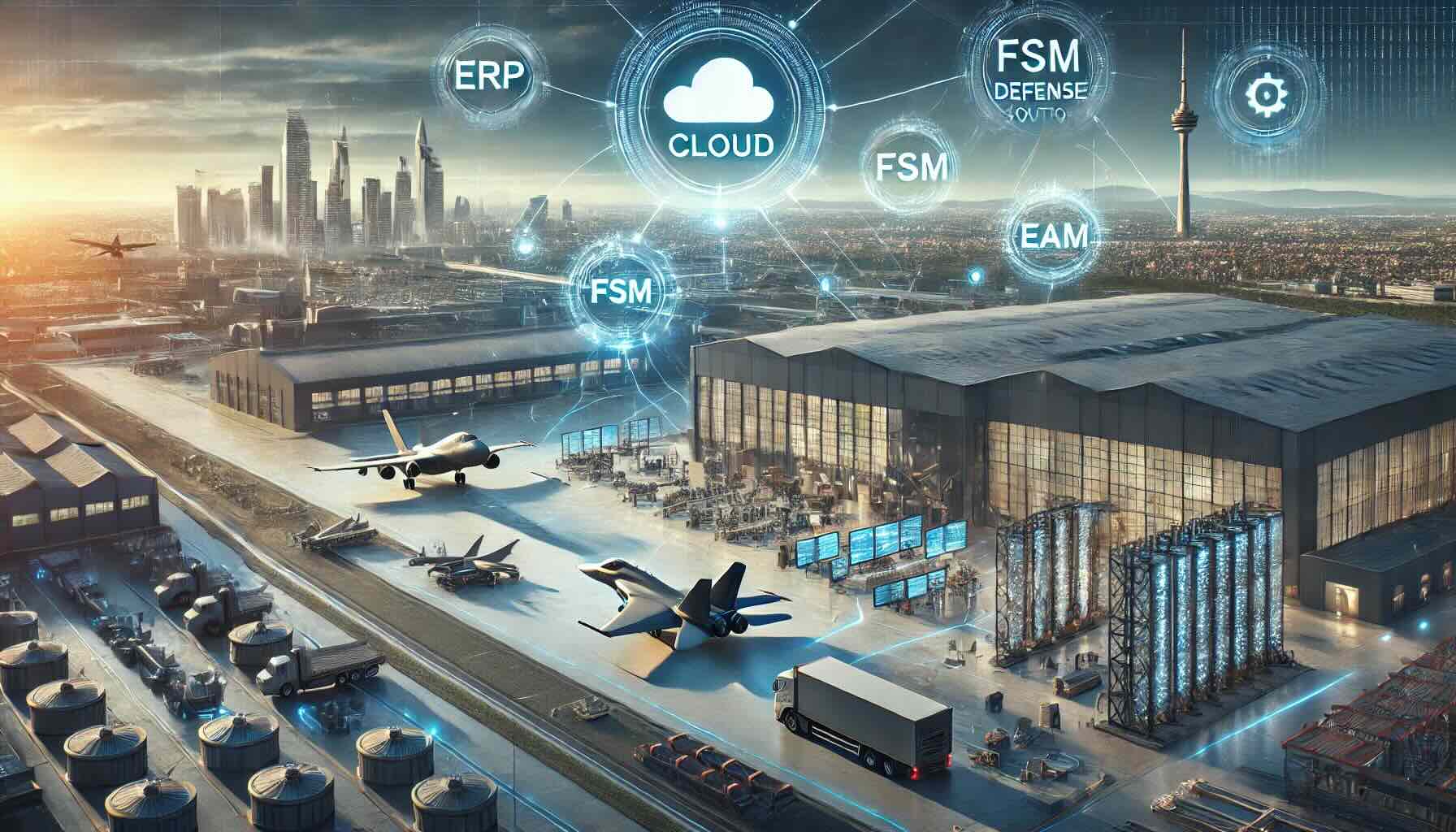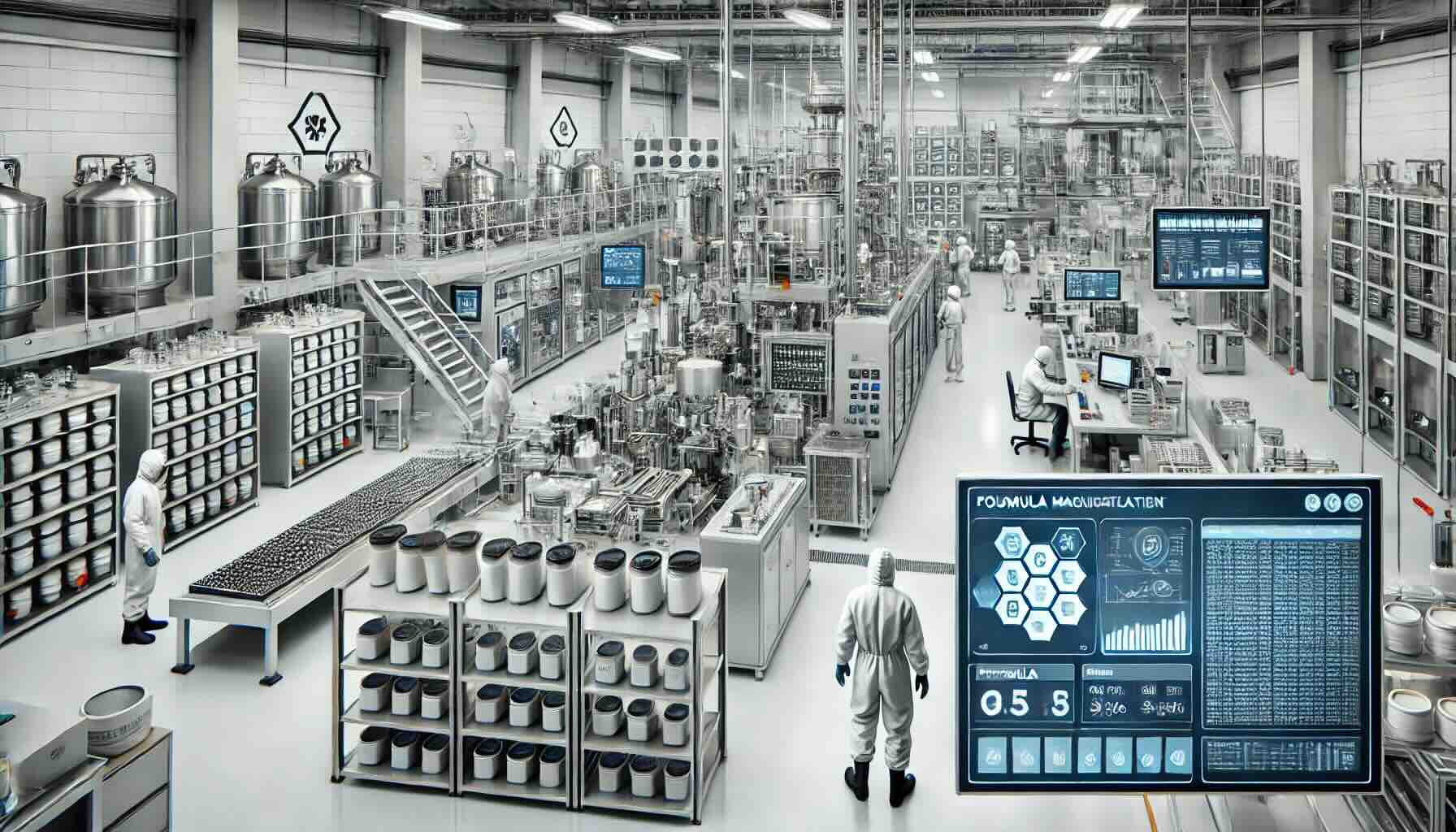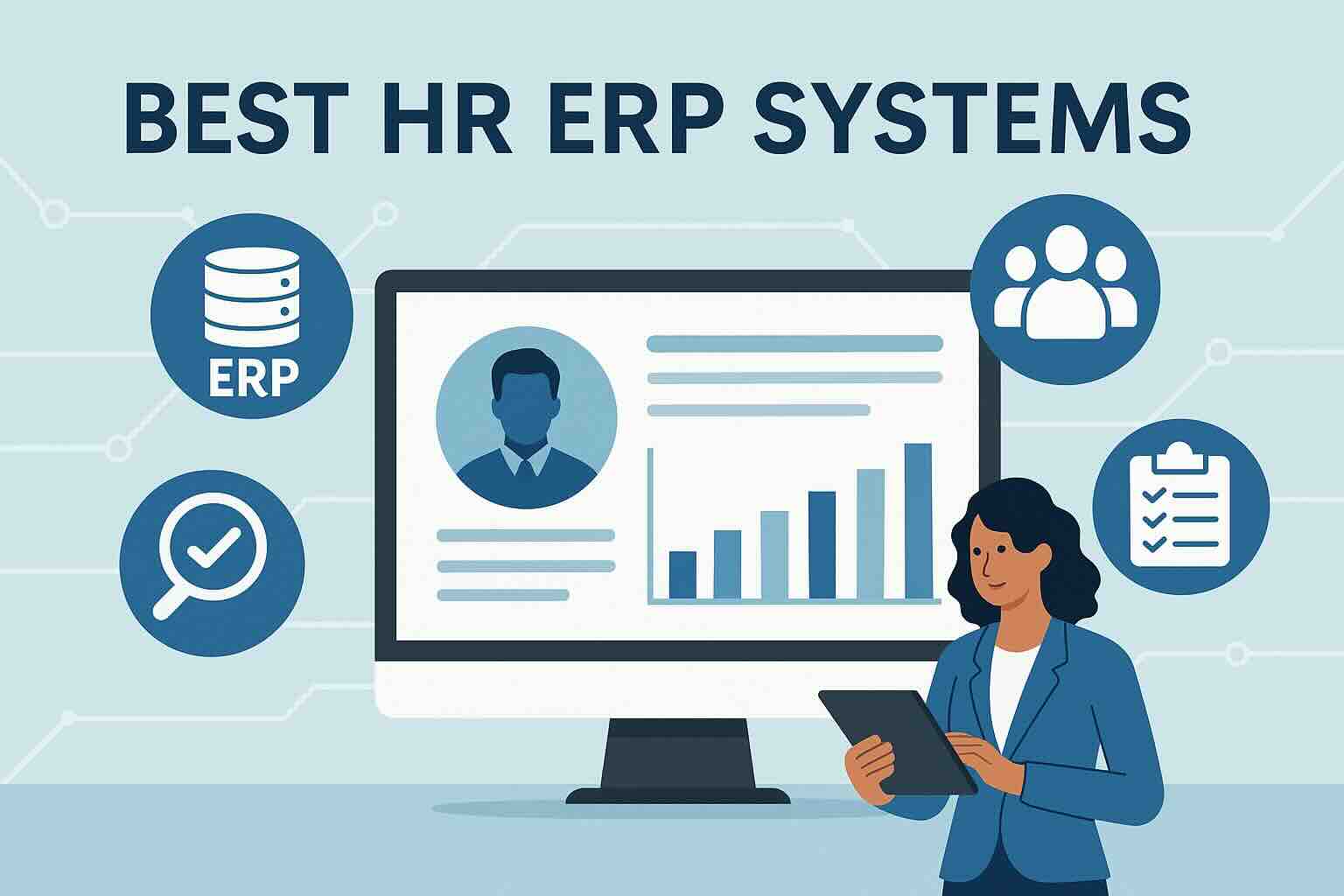Cloud ERP vs On-premise ERP for Manufacturing: Which is Right for Your Business?
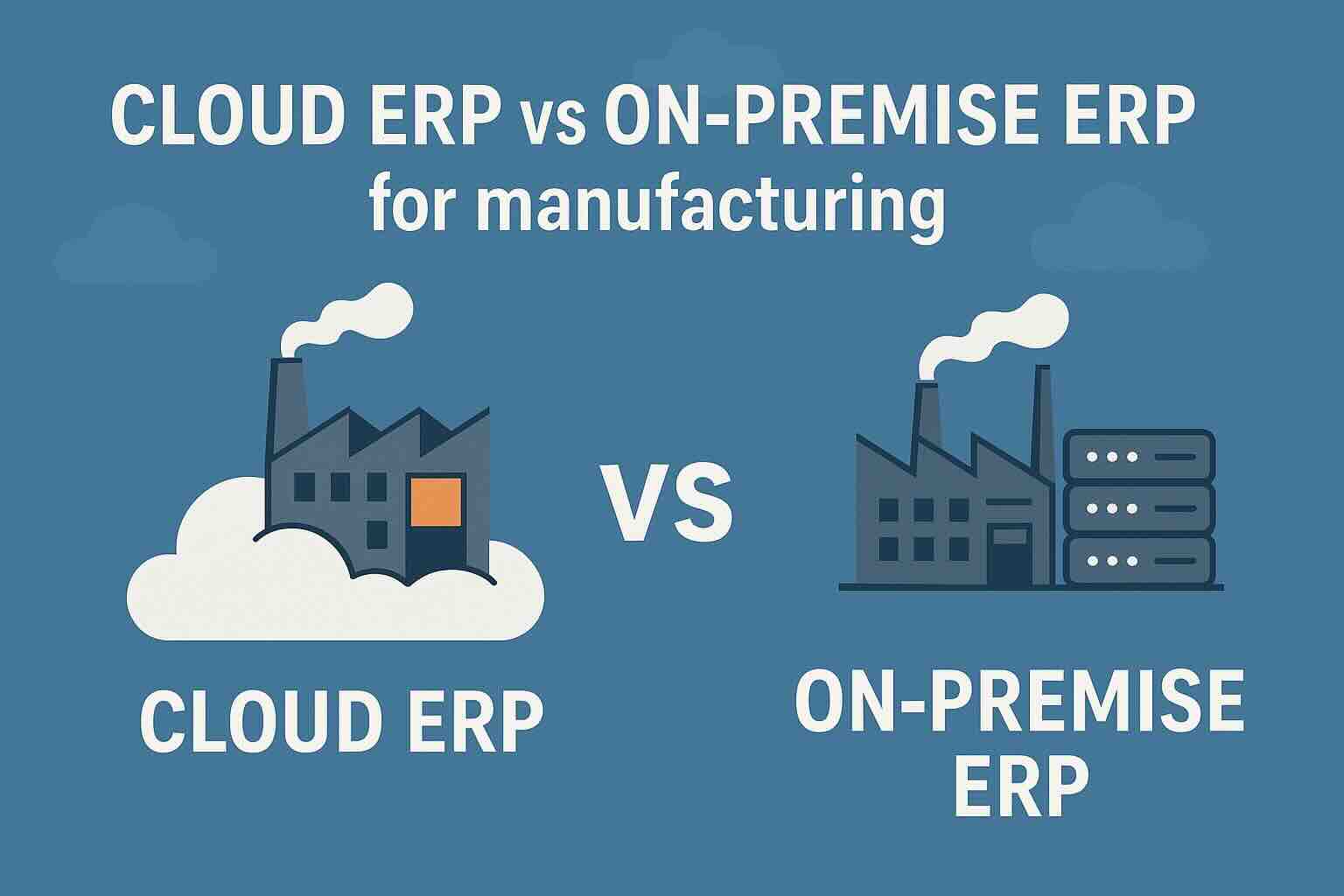
In the ever-evolving world of manufacturing, having the right tools to manage operations efficiently can be the difference between leading the market and lagging behind. One of the most critical tools in a manufacturer’s tech stack is Enterprise Resource Planning (ERP) software. But with the growing popularity of cloud-based solutions, many manufacturers are faced with an important decision: Cloud ERP vs On-premise ERP for manufacturing—which one is the better choice?
This guide explores both options, comparing features, benefits, and drawbacks, to help you make the best decision for your manufacturing business.
What is ERP in Manufacturing?
ERP software integrates various business processes—like inventory management, production planning, procurement, and finance – into a single unified system. For manufacturers, ERP provides real-time visibility into operations, streamlines workflows, and improves decision-making.
There are two main types of ERP deployment:
-
Cloud ERP: Hosted on the vendor’s servers and accessed via the internet.
-
On-premise ERP: Installed locally on your company’s own servers and infrastructure.
Cloud ERP vs On-premise ERP for Manufacturing: Key Differences
Let’s break down how each system compares across critical areas:
1. Deployment and Maintenance
-
Cloud ERP: No hardware installation is needed. The vendor handles all updates, maintenance, and security patches automatically.
-
On-premise ERP: Requires in-house servers and IT staff to manage installation, updates, and troubleshooting.
Advantage: Cloud ERP is more convenient and less resource-intensive for deployment and ongoing maintenance.
2. Cost Structure
-
Cloud ERP: Operates on a subscription-based pricing model (monthly or annually), with lower upfront costs.
-
On-premise ERP: Involves significant upfront investment in software licenses, hardware, and implementation, plus ongoing maintenance costs.
Advantage: Cloud ERP offers a more flexible and cost-effective model for most small to mid-sized manufacturers.
3. Scalability and Flexibility
-
Cloud ERP: Easily scales with your business. You can add users or modules without major disruptions.
-
On-premise ERP: Scaling often requires hardware upgrades and complex configurations.
Advantage: Cloud ERP provides greater flexibility for growing manufacturing businesses.
4. Accessibility and Mobility
-
Cloud ERP: Accessible anytime, anywhere with an internet connection. Ideal for remote work and multi-location manufacturing operations.
-
On-premise ERP: Limited to in-house access unless costly customizations are made for remote access.
Advantage: Cloud ERP enables modern, mobile workforces and real-time decision-making on the shop floor.
5. Customization and Control
-
Cloud ERP: Customizations may be limited or more complex depending on the vendor.
-
On-premise ERP: Offers more control over customization and data handling, which can be critical for highly specialized manufacturers.
Advantage: On-premise ERP may suit manufacturers with unique processes or stringent data security requirements.
Benefits of Cloud ERP for Manufacturing
Cloud ERP has seen rapid adoption in the manufacturing sector due to its ability to streamline operations and drive innovation. Key benefits include:
-
Faster implementation
-
Real-time analytics and reporting
-
Automatic updates and security patches
-
Lower IT burden
Cloud ERP is especially ideal for manufacturers looking to modernize legacy systems without significant capital investment.
Benefits of On-premise ERP for Manufacturing
While cloud systems are gaining ground, on-premise ERP still holds value in certain manufacturing environments:
-
Complete data control
-
Robust customization capabilities
-
Offline availability
On-premise ERP makes sense for large-scale manufacturers with an in-house IT team and the budget to support infrastructure.
Choosing the Right ERP for Your Manufacturing Business
When deciding between cloud ERP vs on-premise ERP for manufacturing, consider the following:
-
Size and complexity of your operations
-
Budget constraints – both short-term and long-term
-
IT resources and expertise
-
Security and compliance requirements
-
Scalability needs for future growth
If agility, remote access, and lower upfront costs are priorities, Cloud ERP is likely your best option. However, if your operations demand deep customization, full data control, or you operate in a highly regulated space, On-premise ERP may be the better fit.
Final Thoughts
The debate of Cloud ERP vs On-premise ERP for manufacturing doesn’t have a one-size-fits-all answer. Both systems offer unique benefits depending on your specific needs and business goals.
As the manufacturing landscape becomes more digital and connected, cloud ERP systems are becoming the preferred choice for many. But on-premise ERP still serves a strategic role in specific scenarios.
Want a fast and easy way to find the best ERP for your manufacturing business? Use Compare ERP to get on-screen recommendations in minutes. See the top three ERP solutions tailored to your needs – no sales calls, no hassle.
